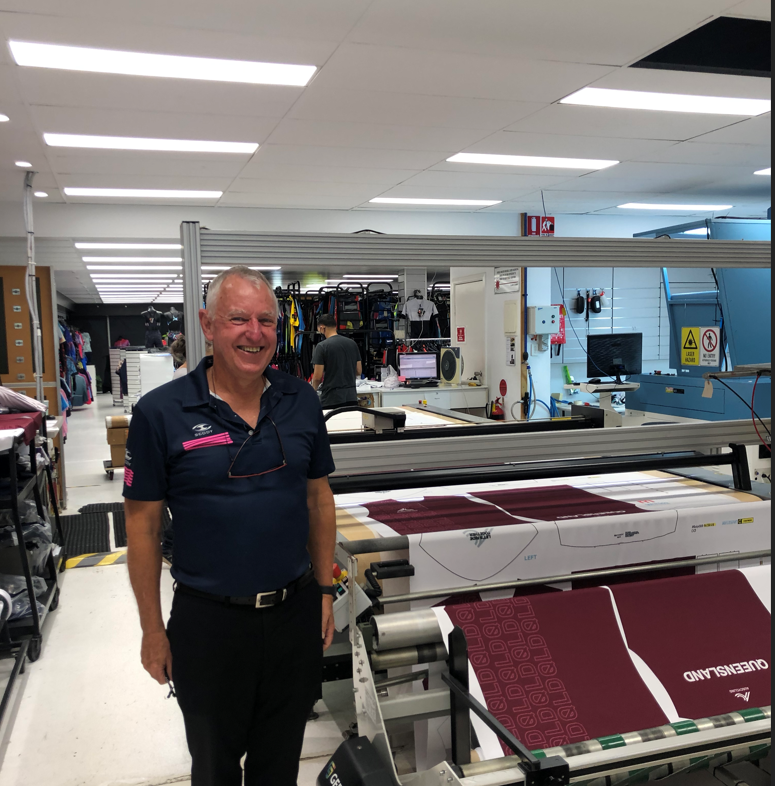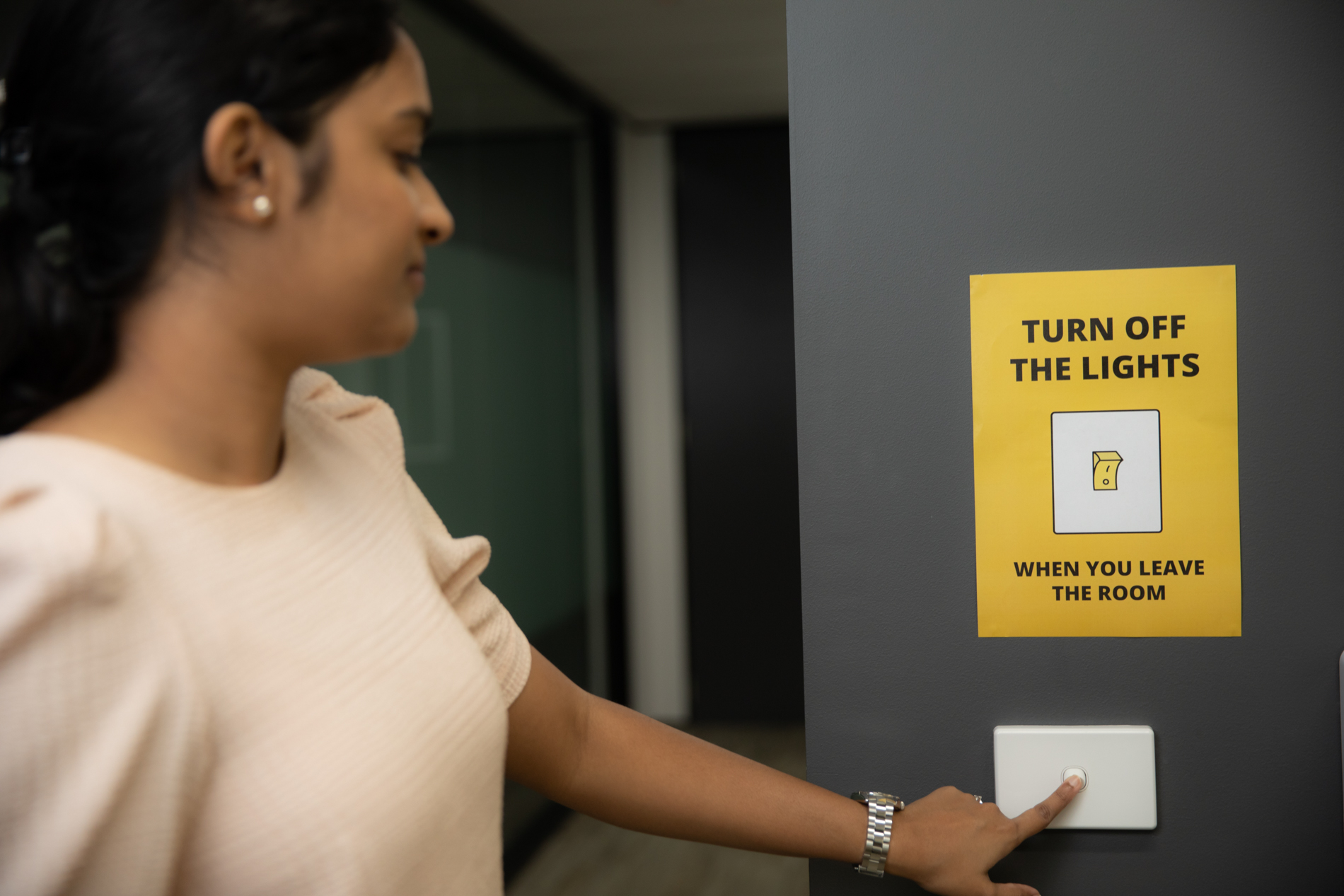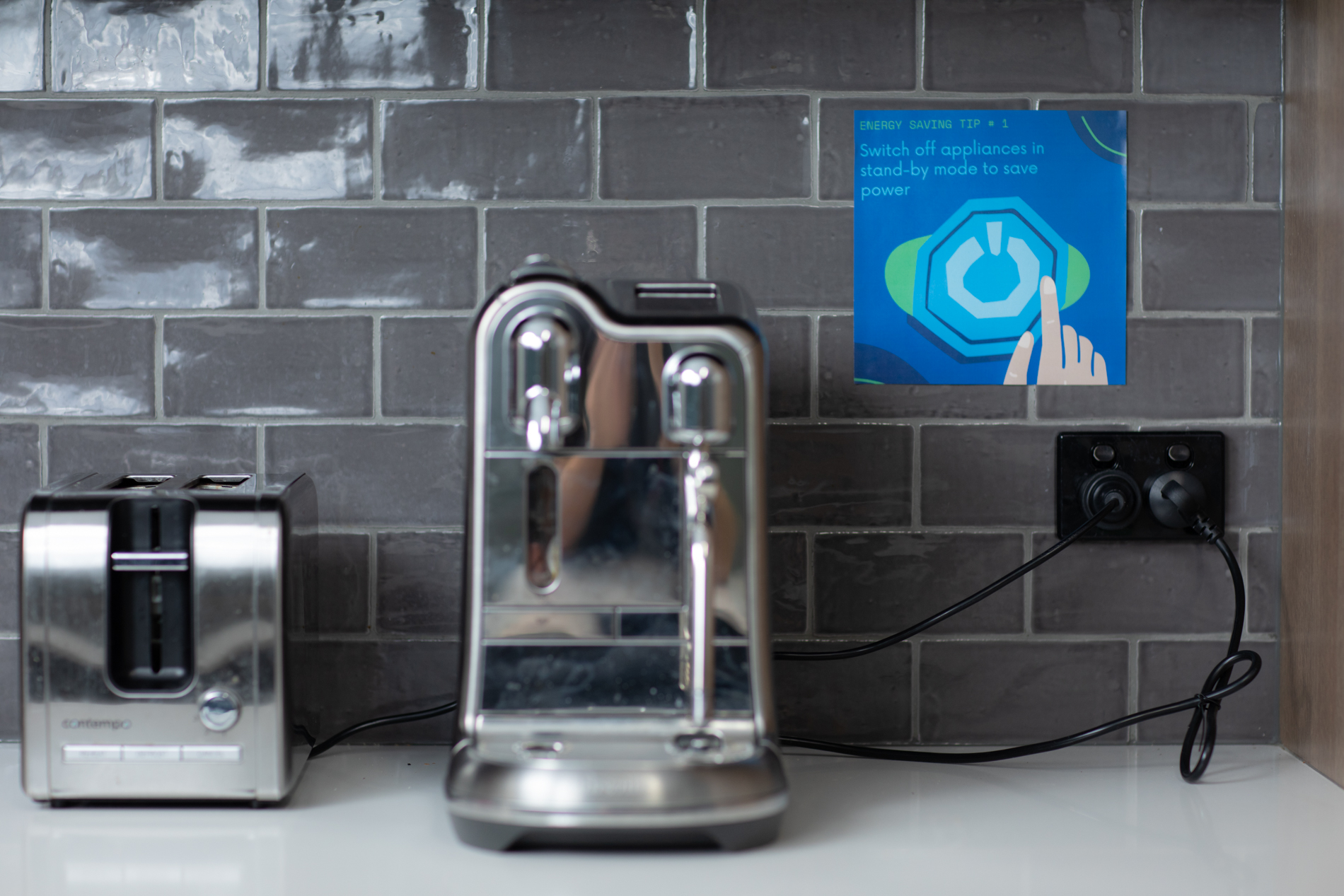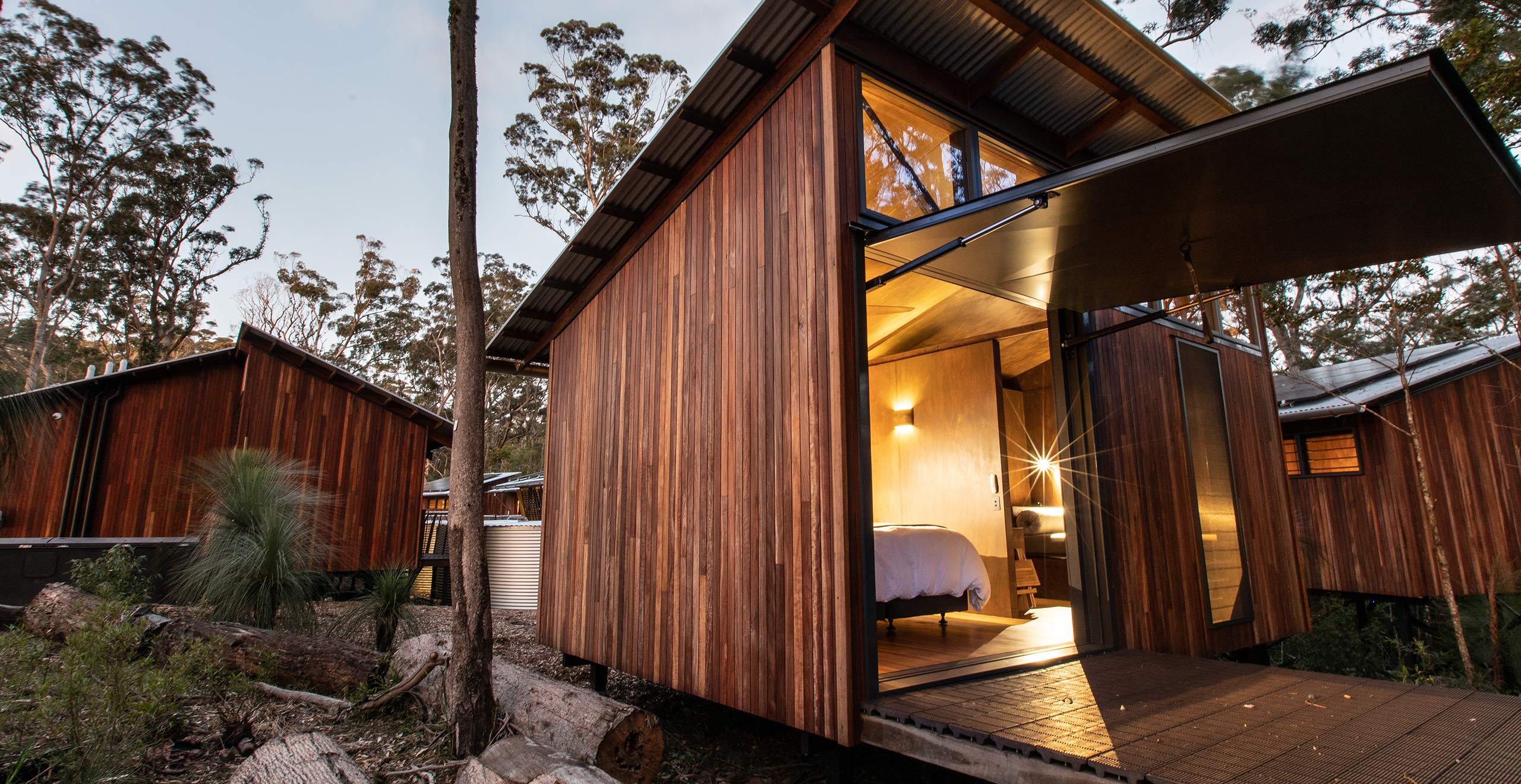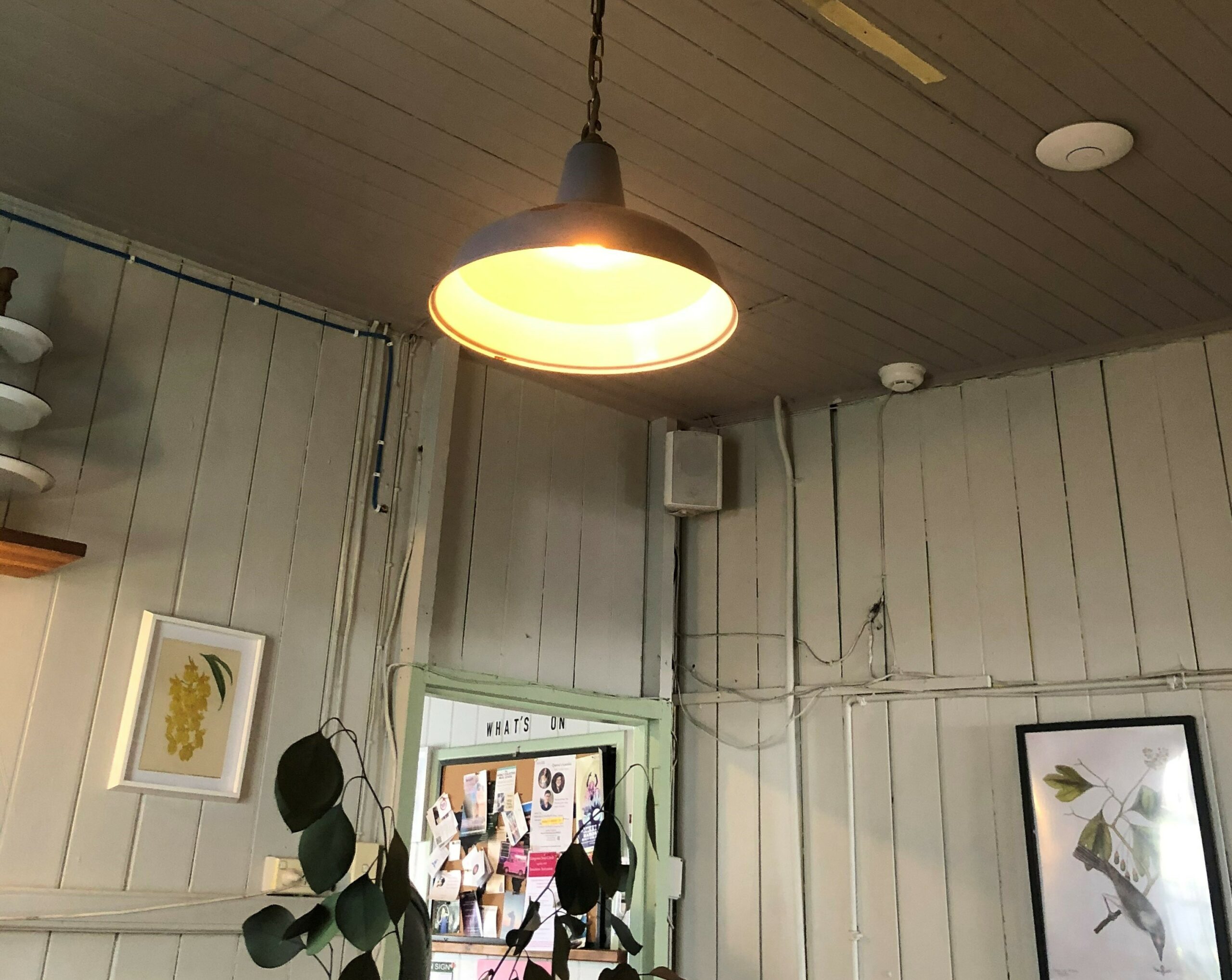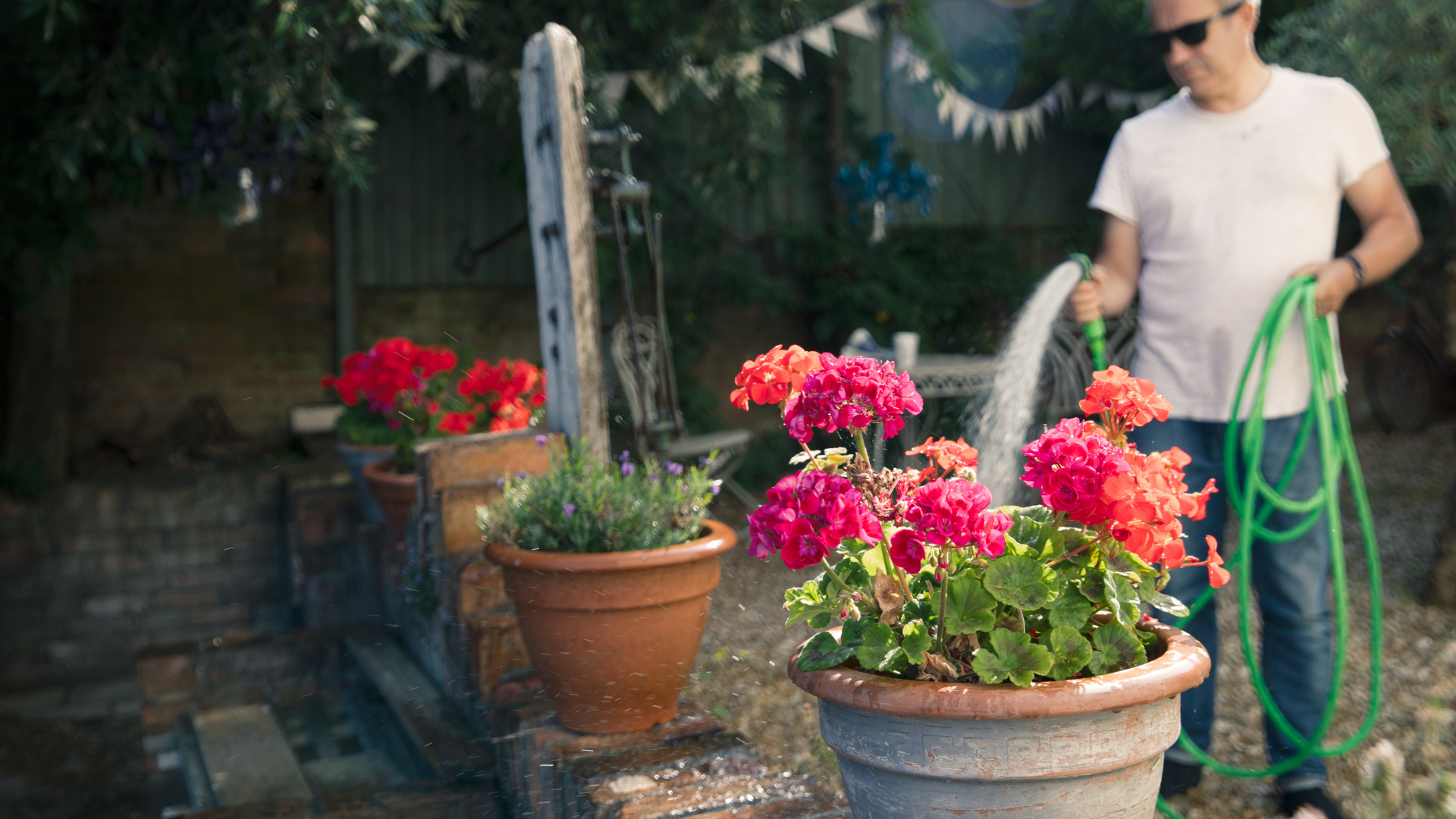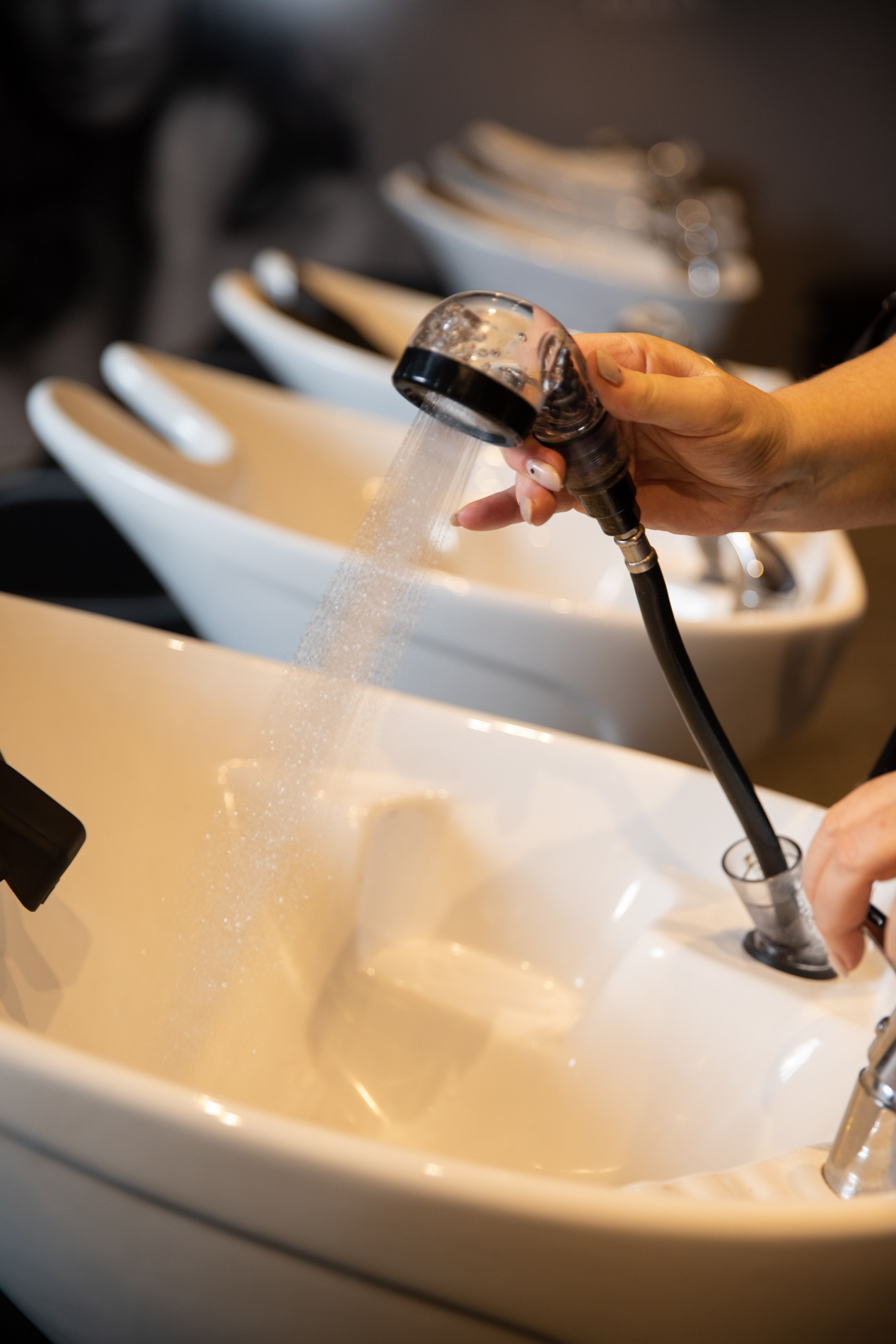SUSTAINABLE BUSINESS
Restaurant saves on energy, waste and water
The Ship Inn reduces energy, water and waste
Problem
Ten years ago, The Ship Inn was just a regular pub in a notoriously wasteful industry and sustainability hadn’t crossed their mind.
Inspired by Griffith University’s Asia Pacific Institute for Sustainable Practices, they took a whole new approach to managing the business and sustainability is now at the forefront of all decision making. The Ship Inn now has their very own kitchen garden in the Northern Rivers of New South Wales which supplies their farm to table menu.
In 2012, they participated in the ecoBiz program. During the program, their operation was audited and provided with a range of actions. All the measures could be implemented within their existing budget.
Solution
Lighting upgrade
The Ship Inn replaced their 50 Watt halogen spotlights with 3.5 Watt LED equivalents throughout the bar and replaced atmospheric fluorescent lighting with low watt LED rope lighting. They also replaced fluorescent tube lights with low watt LED tubes throughout the kitchen and office.
Staff behaviour change
The biggest electricity cost reductions were achieved through training staff to switch off lights and appliances when not required.
Recycling
During the ecoBiz audit, The Ship Inn achieved a reduction of 26.5% in general waste (over a 12 month period) and an increase of 12.72% in recycling. These savings are equivalent to 221 household wheelie bins or 53,040 litres of waste!
Water efficiency
During the ecoBiz program, The Ship Inn achieved a water consumption reduction of 6.8% (over the 12 month period). To do this, they: introduced a waterless urinal system in the men’s bathroom, installed automatic shut-off controls on taps, and dual flush toilets, among other measures.
Sustainable supply chain
The Ship Inn works with local suppliers that also support sustainable practices. For instance, they source and prefer local and seasonal products, with a preference for organic and biodynamic products. More specifically, they aim to use locally sourced produce and local suppliers within a 200km radius.
Highlights
$10,795
annual efficiency savings
181,474 MJ
energy saved annually
21%
reduction in Greenhouse Gas emissions
Share your wins
Has your business also saved money through sustainable practices? We are always looking for new success stories, tips and tricks to share. All you have to do is get in touch and have a chat, we will do the rest.

